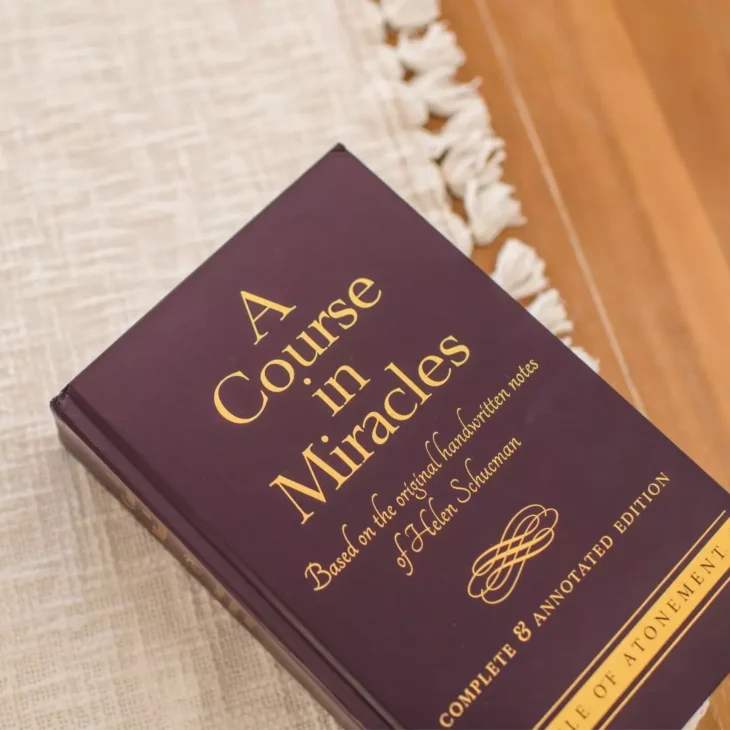
Exploring the Essence of A Course in Miracles (ACIM)
A Course in Miracles (ACIM) is a profound spiritual guide that has captivated the hearts and minds of seekers on a transformative journey for decades. Developed by Helen Schucman and William Thetford in the 1970s, ACIM offers a unique perspective on spirituality, forgiveness, and the nature of reality. In this article, we will delve into the core teachings of ACIM, shedding light on its principles and exploring its impact on those who embrace its wisdom.
Understanding the Foundation:
At the heart of A Course in Miracles lies the belief that the world we perceive is an illusion, and our true reality is a state of perfect love and oneness. The Course aims to guide individuals towards a profound shift in perception, challenging conventional views and encouraging a reinterpretation of the world.
The central concept of forgiveness in ACIM goes beyond traditional notions. It emphasizes letting go of grievances and judgments, recognizing that our perception of others is a reflection of our inner state. By forgiving ourselves and others, we can release the chains of resentment and open ourselves to a deeper sense of peace.
The Triad of Teaching:
ACIM is structured into three parts: the Text, the Workbook, and the Manual for Teachers. The Text lays the theoretical foundation, presenting metaphysical concepts and challenging the reader’s understanding of reality. The Workbook provides practical exercises aimed at shifting one’s perception and cultivating a daily spiritual practice. The Manual for Teachers serves as a guide for those who feel called to share the teachings of ACIM with others.
Miracles and the Holy Spirit:
Miracles, as defined by ACIM, are shifts in perception that arise from a deeper connection with the Holy Spirit. The Course posits that the Holy Spirit is a guiding force within each individual. Leading them towards a higher understanding and helping them navigate the challenges of the world.
The Power of Forgiveness:
One of the key teachings of ACIM is the transformative power of forgiveness. By releasing judgments and grievances, individuals can free themselves from the shackles of the ego. Paving the way for healing and reconciliation. Forgiveness, in the ACIM context, is not merely a moral virtue but a pathway to inner peace and spiritual awakening.
Integration into Daily Life:
The practical application of ACIM is a cornerstone of its effectiveness. As individuals engage with the Workbook exercises and apply the principles of forgiveness in their daily lives. They begin to experience a profound shift in consciousness. ACIM is not just a philosophical discourse but a living, breathing guide for navigating the complexities of human existence.
Conclusion:
A Course in Miracles continues to inspire and guide spiritual seekers on a profound journey of self-discovery and transformation. Its teachings, rooted in the power of forgiveness and the recognition of a higher reality. Challenge individuals to question their perceptions and embrace a new way of being in the world. As we explore the essence of ACIM, we find a timeless wisdom that transcends cultural and religious boundaries. Inviting all who are willing to embark on a journey of healing and awakening.
